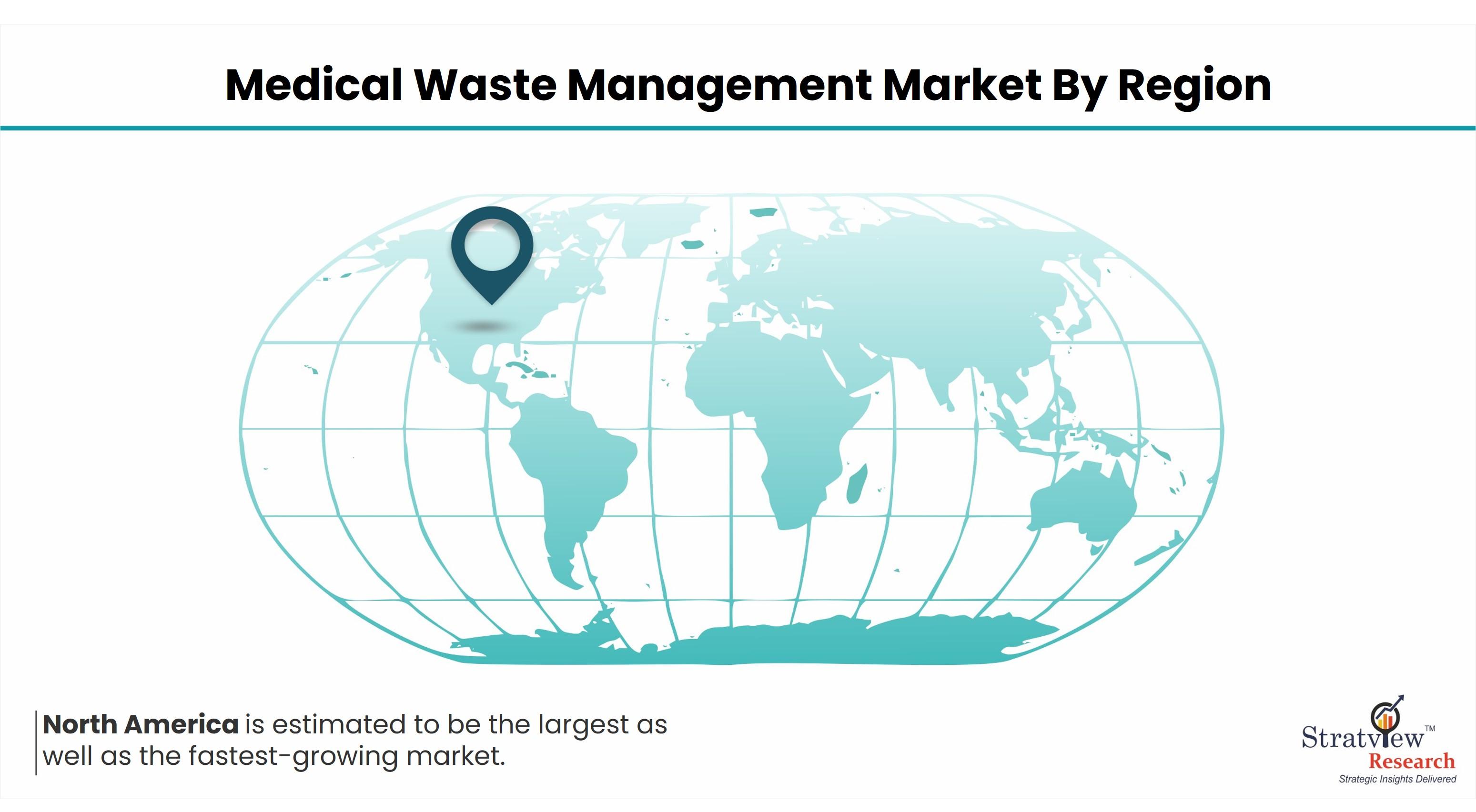According to Stratview Research, the medical waste management market was estimated at USD 9.72 billion in 2022 and is likely to grow at a CAGR of 5.63% during 2023-2028 to reach USD 13.52 billion in 2028.
Healthcare is an industry dedicated to saving lives, promoting well-being, and advancing medical science. Amid the noble goals and advanced technologies, there's another aspect of healthcare that's often overlooked but is no less critical – medical waste management. Proper disposal and management of medical waste are essential not only to protect the environment and public health but also to maintain the safety of healthcare workers and patients. In this article, we'll explore the vital role of medical waste management in the healthcare sector and the significant impact it has on our lives.
The Diverse Nature of Medical Waste
Medical waste isn't a monolithic entity. It encompasses a wide variety of materials generated by healthcare facilities, including hospitals, clinics, laboratories, and even dental practices. These materials fall into several categories:
Infectious Waste: Materials contaminated with blood, bodily fluids, or other potentially infectious substances.
Hazardous Waste: Chemicals and pharmaceuticals that can be harmful to human health or the environment.
Pathological Waste: Tissues, organs, and body parts removed during surgeries, autopsies, or biopsies.
Pharmaceutical Waste: Expired, unused, or contaminated medications and vaccines.
Sharps Waste: Needles, syringes, and other sharp instruments that can cause injury.
Protecting Public Health and the Environment
One of the primary reasons for stringent medical waste management is to protect public health and the environment. Improperly handled medical waste can carry dangerous pathogens and contaminants, posing a risk to those who come into contact with it. Such waste, if not managed correctly, could lead to the spread of diseases and environmental pollution.
Ensuring the Safety of Healthcare Workers
Healthcare workers are at the frontline of patient care. They frequently encounter medical waste, and their safety is of utmost importance. Proper waste management, including the use of safe disposal containers and clear labeling, minimizes the risk of accidents and infections. Protecting healthcare workers from potential hazards is an essential aspect of medical waste management.
Regulations and Compliance
Governments and health organizations have established strict regulations and guidelines for the proper management of medical waste. Compliance with these regulations is not only a legal requirement but also a moral obligation for healthcare facilities. These guidelines dictate how waste should be segregated, packaged, transported, and disposed of, ensuring the safety of all involved.
Sustainability and Innovation
In recent years, sustainability has become a significant focus in medical waste management. Healthcare facilities are adopting eco-friendly disposal methods, such as waste-to-energy solutions and waste reduction strategies, to minimize their environmental footprint. Innovations like on-site sterilization units are also emerging, which can sterilize medical waste on-site, reducing transportation and disposal costs.
Conclusion
The critical role of medical waste management in healthcare cannot be overstated. It is the unsung hero that ensures the safety of healthcare workers, patients, and the general public, while also safeguarding the environment. Compliance with regulations, the adoption of sustainable practices, and ongoing innovations in waste management are all indicative of the healthcare industry's commitment to fulfilling its responsibilities. Medical waste management is an essential component of the broader healthcare ecosystem, and it contributes to the well-being of individuals, communities, and the planet. By recognizing its significance, we acknowledge that every aspect of healthcare plays a role in preserving and improving lives.



